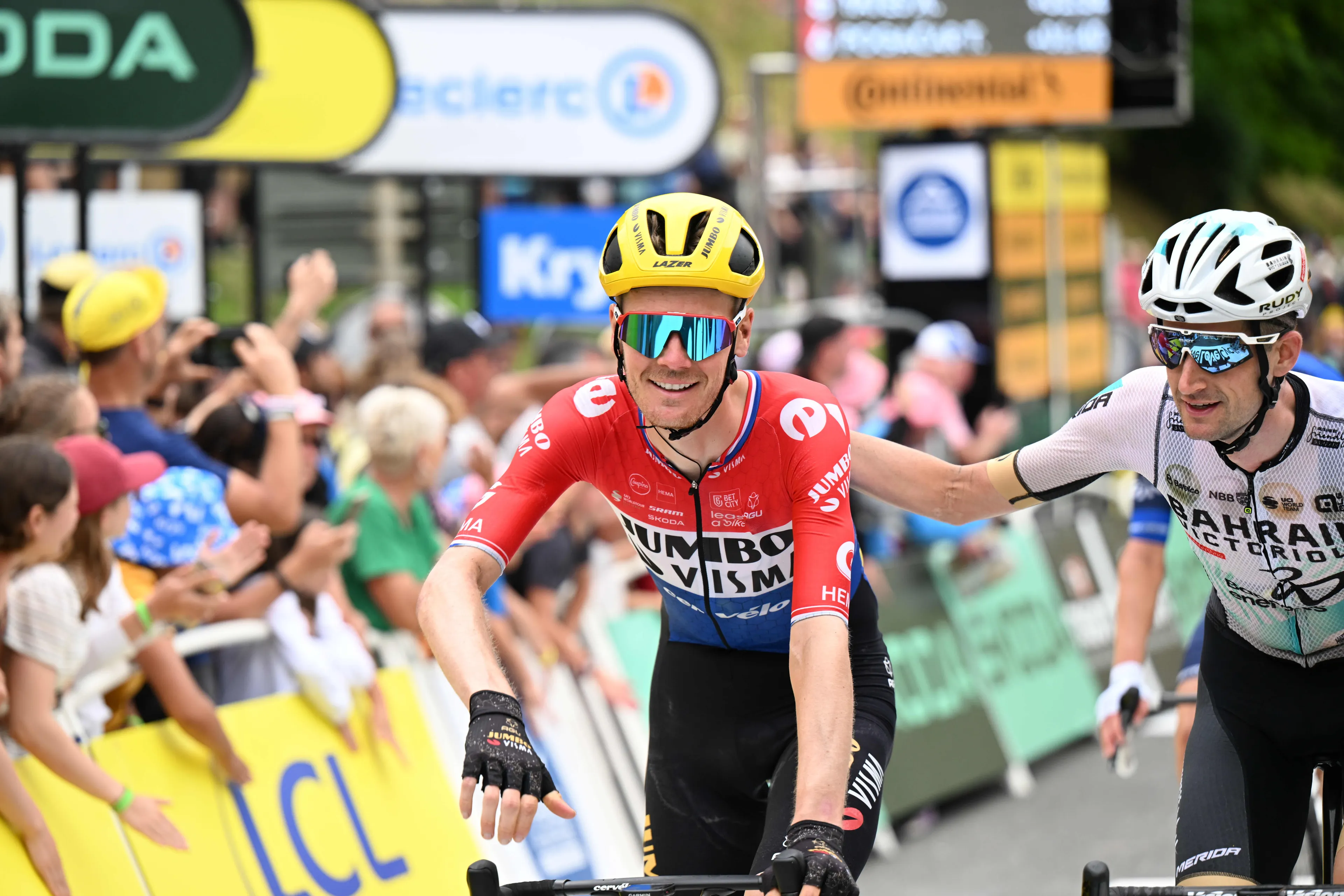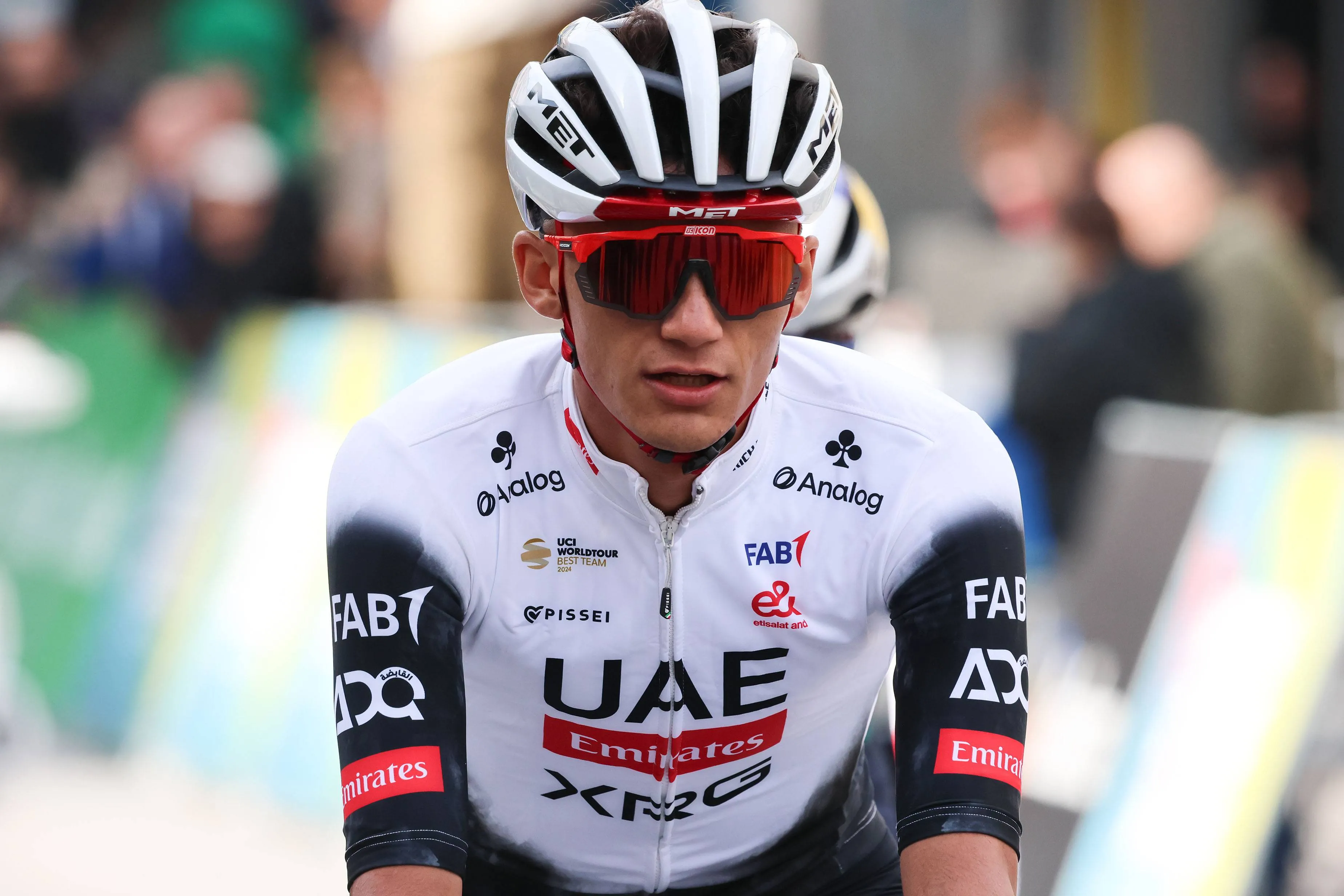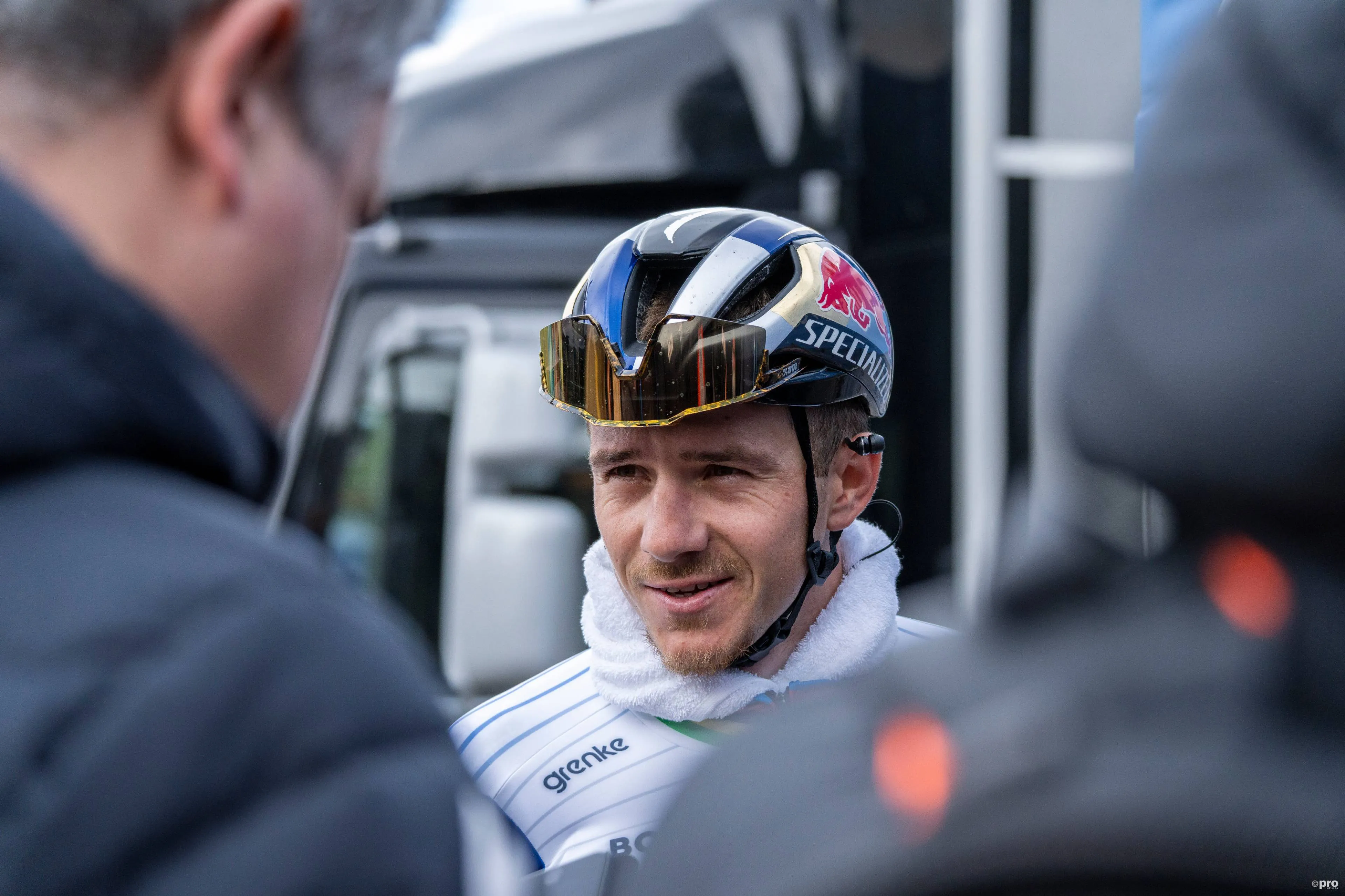“Cycling must establish a system in which teams have an equal opportunity to succeed" - Jonathan Vaughters presses need for change after Visma-Soudal debacle
CyclingSaturday, 14 October 2023 at 11:30
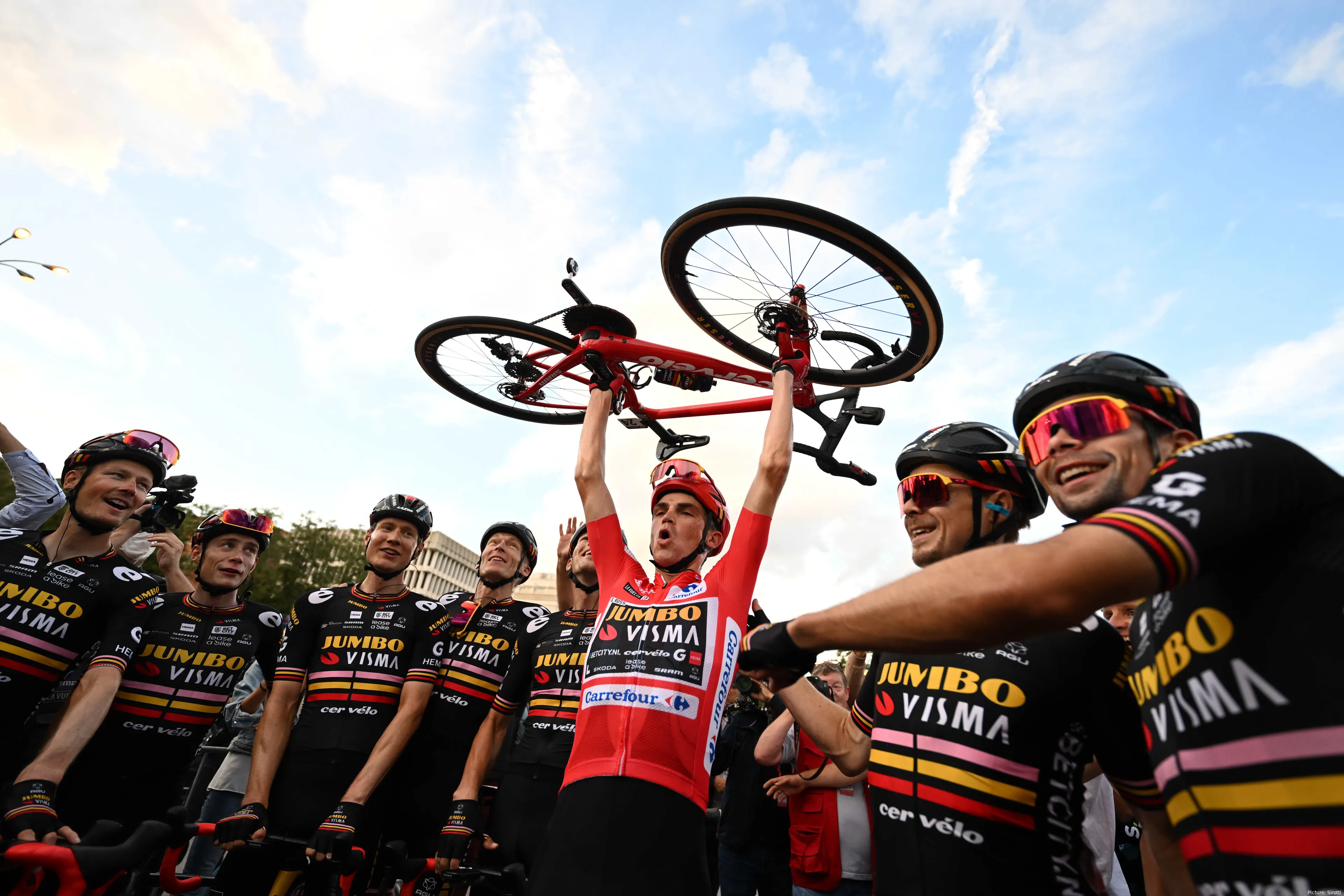
For a moment, it seemed as if two of cycling's most successful teams in the modern era, Jumbo-Visma and Soudal - Quick-Step were about to merge. Ultimately this didn't transpire but EF Education-EasyPost's boss Jonathan Vaughters believes the saga shows the need for change within the sport.
“Our sport must adapt quickly to protect its athletes, teams and fans,” Vaughters writes in his column for Escape Collective. “We have to organize cycling as a real professional sport. If we were to treat our sport like the NFL, team owners and major competition organizers such as ASO, RCS and Flanders Classics would sit down and draw up a binding document that guarantees access to matches, determines the number of top-level teams and sets spending limits.”
Read also
“Such a competition would immediately create equity for teams, stabilize the sponsorship market and create a mature and sustainable sport,” Vaughters explain. “Compared to other sports, cycling offers enormous media value for sponsors on the money invested, but there is great instability.”
The fact that even all-conquering Jumbo-Visma were feeling the effects of these issues is a stark warning believes Vaughters. "Jumbo-Visma hit a wall. It almost forced them to merge. They had to keep up with the influx of oil money to maintain their success, which put pressure on their finances and put the most successful team in recent years at risk.”
Read also
“While they were consistently winning, their expenditure was higher than what the sponsorship market was willing to support. Bad luck with current sponsors made matters worse and the inability to sell shares to secure their finances left them vulnerable. They wanted to win, did what it took to win and were punished for their success by a governance system that failed to control costs and guarantee their organization a future in the sport.”
“Cycling must establish a system in which teams have an equal opportunity to succeed, characterized by financial fairness and a limit on expenditure. Everyone will start with equal strength. Some teams will thrive in this system, others will not. Yet every new sponsor or investor entering the sport can dream of winning the Tour de France," Vaughters concludes. “Financial control and a competitive structure with boundaries are two simple changes that would immediately address the instability in the sport. Neither will please everyone, but if the cry about the need to change cycling's business model is genuine, then it needs leaders willing to shape the sport. That will be in a way that may not make friends, but in a way that is good for the long term.”
Read also
Opinion: Amid merger mania, a call for financial fairness and permanent team rights - Escape Collective https://t.co/YfbhF6U1KJ
— Jonathan Vaughters (@Vaughters) October 13, 2023
claps 1visitors 1
Just in
Popular news
Latest comments
- If you are going to make comments like that, back it up with proof. Otherwise keep them to yourself.Searider18-02-2026
- In the same place as the outcry over boys vs girls losing weight, which, is in about the same place as boys vs girls getting hit, or abused.Mistermaumau18-02-2026
- Haha.awp18-02-2026
- That's a little extreme, you take wins where you can get them.awp18-02-2026
- Ironic no, a British boss of British companies has no problem outsourcing a large proportion of jobs to foreigners and then complains a proportion of that proportion actually lives in the country. And do you expect if you leave that no-one will take your spot?Mistermaumau18-02-2026
- Slowly slowly the youngsters are making more and more of an impact.Mistermaumau18-02-2026
- I agree for certain situations, especially camps and popular training destinations but teams can’t manage or afford to chaperone all their riders all the time. Off season they still have to train and want to be home as much as they can (this is also where they are easiest to « catch »). On the other hand, if riders like Tadej accept « invitations » to ride on certain roads just for promotional purposes like in Gran Canaria they are also responsible for any trouble it attracts, you can’t expect people to stay away once you deliberately notify where you’re going to be and when. SeemsMistermaumau18-02-2026
- Please, no. Enough loonies out and about, safer indoors spouting out online.Mistermaumau18-02-2026
- Coach is smart to get out before Yates' doping hits the press
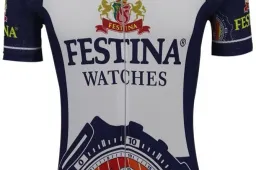 Front24218-02-2026
Front24218-02-2026 - You need to get out moreJezla18-02-2026
Loading
1 Comments

